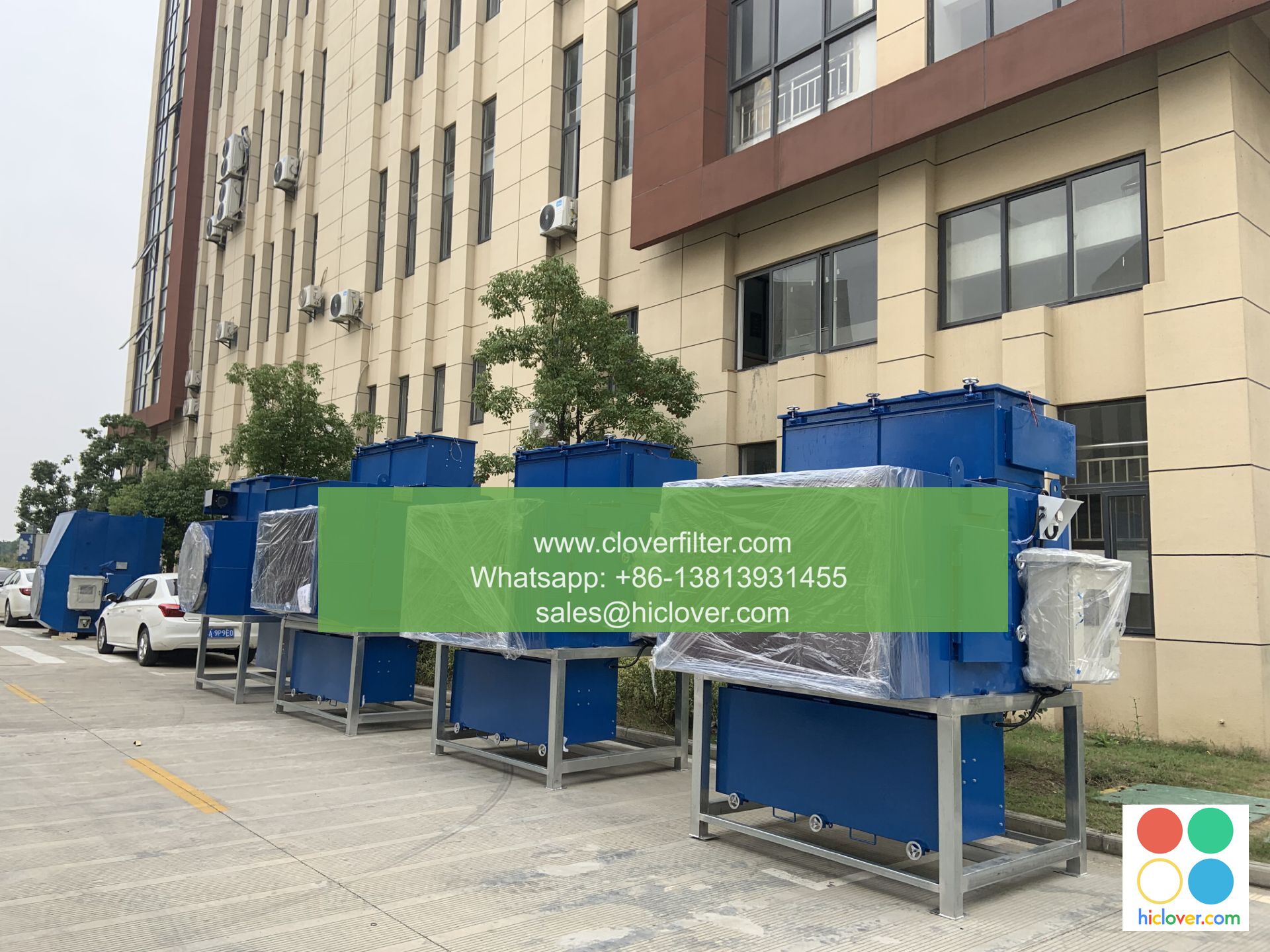The Rise of Smart Air Filters: How IoT is Changing the Game

The Rise of Smart Air Filters: How IoT is Changing the Game
Introduction
Air filters have been a crucial part of industrial and residential settings for decades, ensuring clean and healthy air for humans and the environment. However, traditional air filters have been relatively simple and static, relying on manual cleaning and replacement. IoT (Internet of Things) technology has revolutionized the air filter industry, enabling the development of smart air filters that can be monitored, controlled, and maintained remotely. In this article, we’ll explore the rise of smart air filters, their benefits, and key applications.
The Problem with Traditional Air Filters
Traditional air filters, such as HEPA (High Efficiency Particulate Air) and electrostatic filters, have been effective in removing particulate matter, pollen, and other contaminants from the air. However, they rely on manual inspection, cleaning, and replacement, which can be time-consuming and often requires expert intervention. This process can lead to:
- Inconsistent air quality
- Reduced filter efficiency
- Higher maintenance costs
- Increased downtime and risk of equipment failure
- Real-time monitoring and monitoring alerts: Smart air filters can detect changes in air quality and alert maintenance personnel, ensuring prompt action and minimizing downtime.
- Automated cleaning and maintenance: Smart air filters use sensors to monitor filter condition and automatically trigger cleaning, reducing labor costs and improving filter efficiency.
- Predictive analytics and maintenance: Smart air filters can predict when maintenance is required, streamlining maintenance schedules and reducing unexpected downtime.
- Improved air quality and safety: Smart air filters can detect and remove pollutants, improving indoor air quality and ensuring a safer environment.
- Manufacturing facilities
- Data centers
- Pharmaceutical cleanrooms
- Biotech labs
- Offices
- Hotels
- Hospitals
- Residential homes
Rise of Smart Air Filters
Enter smart air filters, designed with IoT technology in mind. These advanced filters incorporate sensors, actuators, and connectivity, enabling real-time monitoring, automatic cleaning, and remote access control. Smart air filters have transformed the industry, offering numerous benefits, including:
Applications of Smart Air Filters
1. Industrial Settings: Smart air filters have transformed industrial processes, optimizing manufacturing efficiency and improving worker safety. Applications include:
2. Commercial and Residential Spaces: Smart air filters have improved indoor air quality and reduced maintenance costs in commercial and residential settings, including:
Conclusion
The rise of smart air filters has revolutionized the air filter industry, offering unparalleled efficiency, safety, and cost savings. By integrating IoT technology, smart air filters have overcome the limitations of traditional air filters, providing real-time monitoring, automated cleaning, and predictive maintenance. As industries continue to adopt smart air filters, the benefits will spread far and wide, resulting in improved air quality, reduced downtime, and increased productivity.
I’m happy to help! However, I don’t see a prompt from you. Would you like to provide one? What topic or question would you like to discuss? I’m here to assist you!

